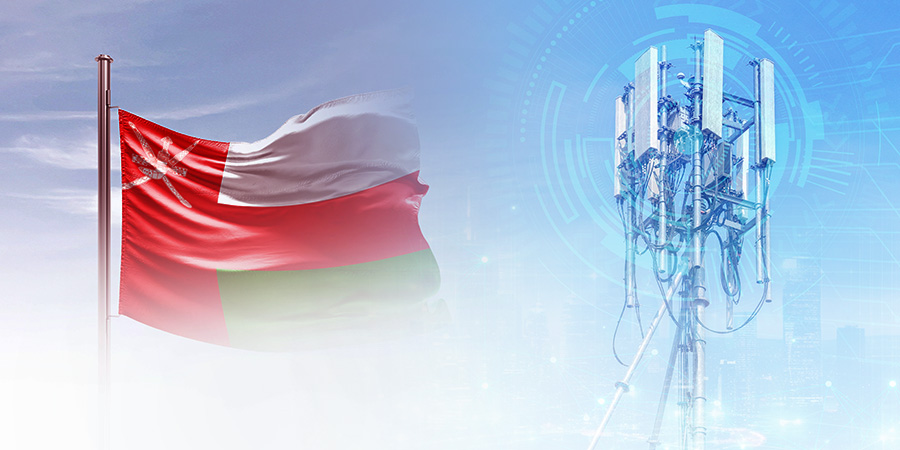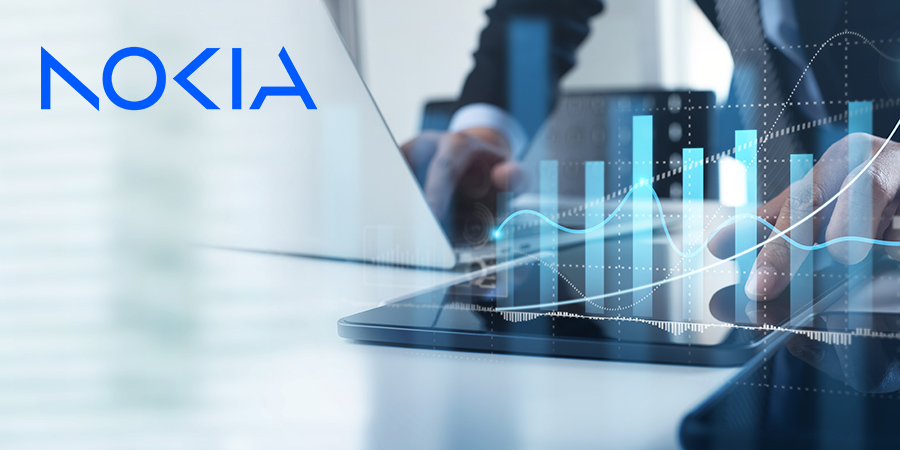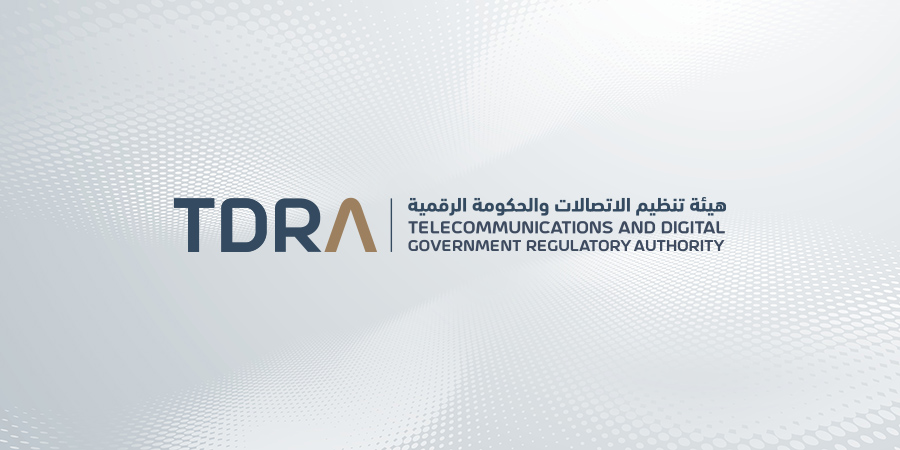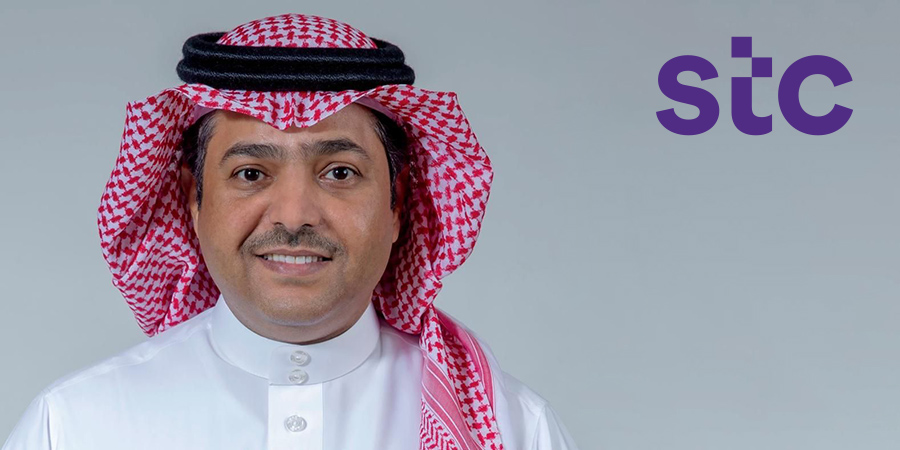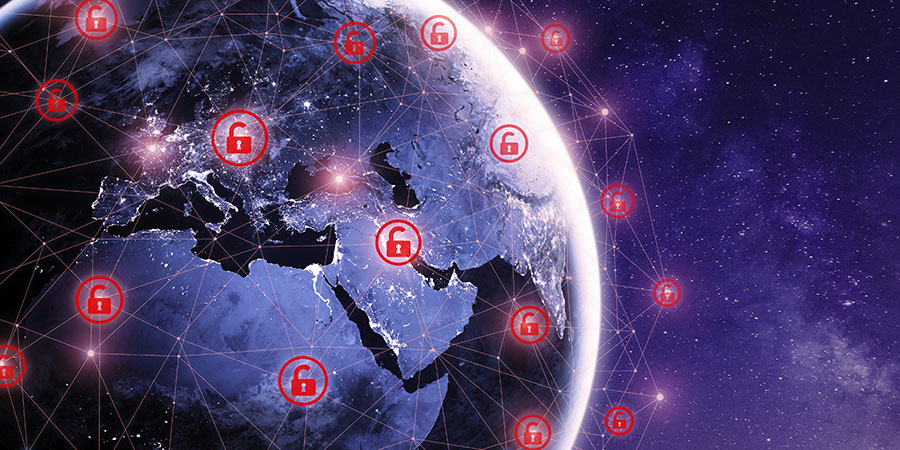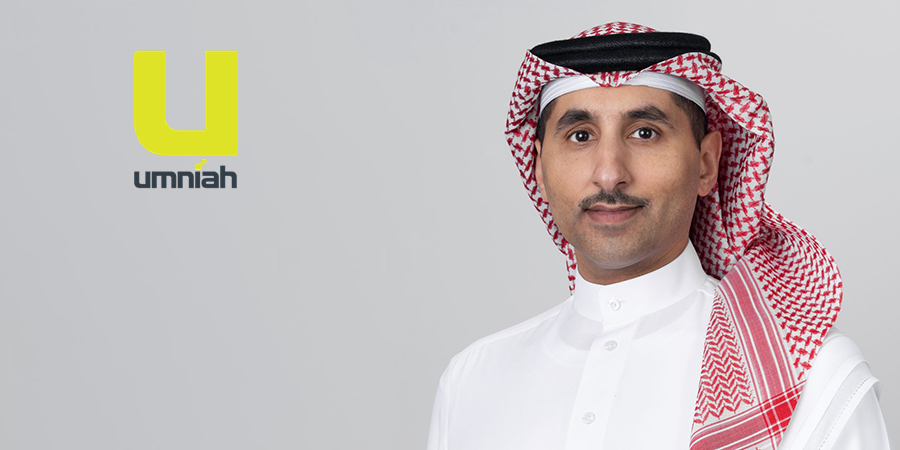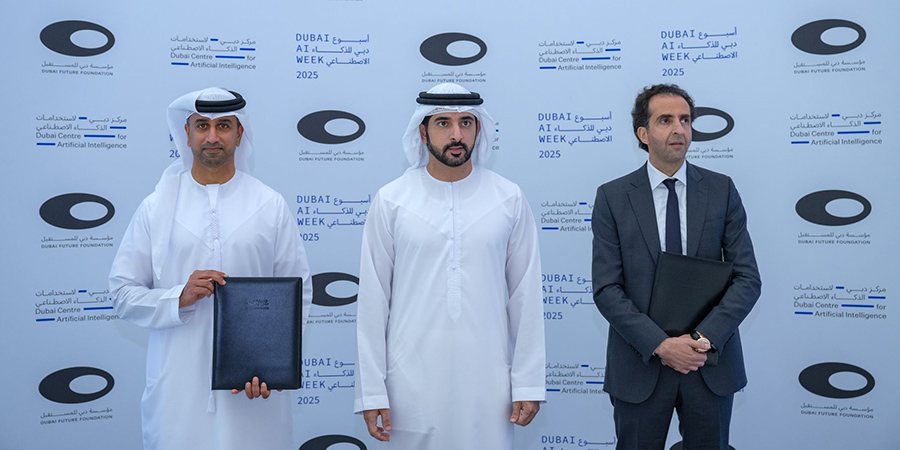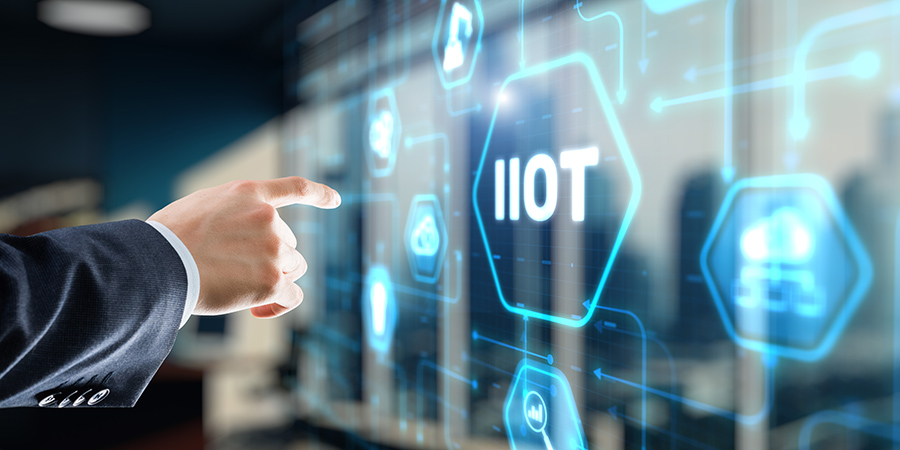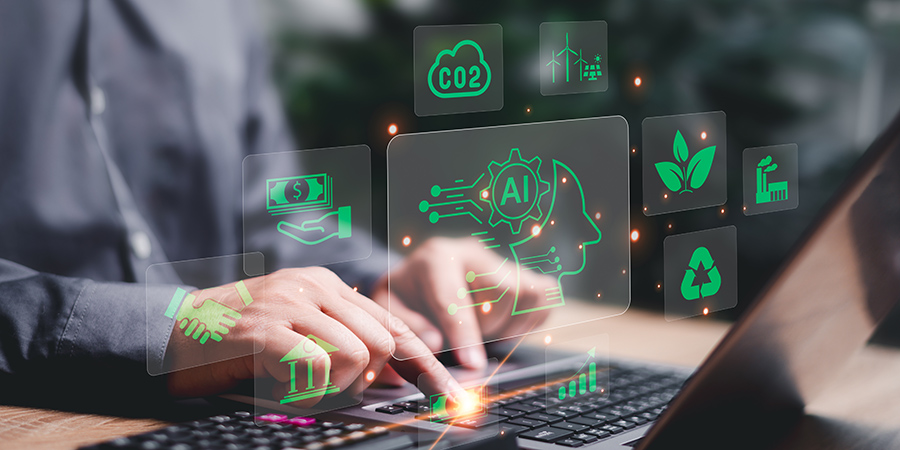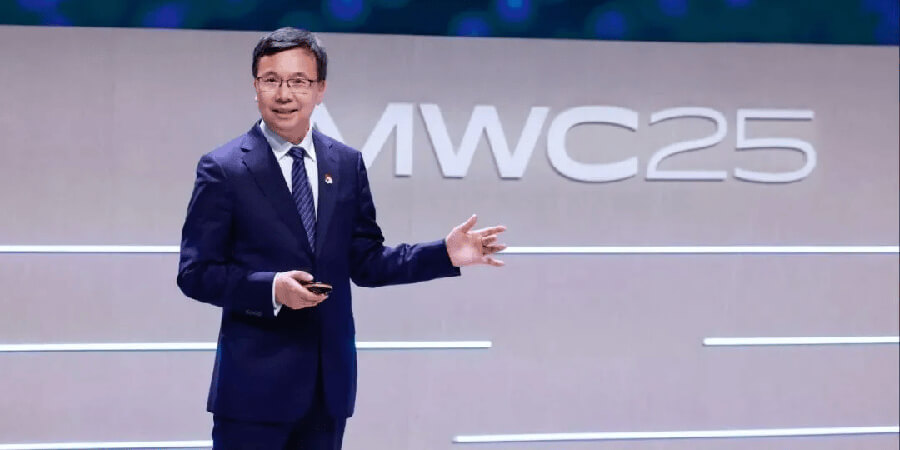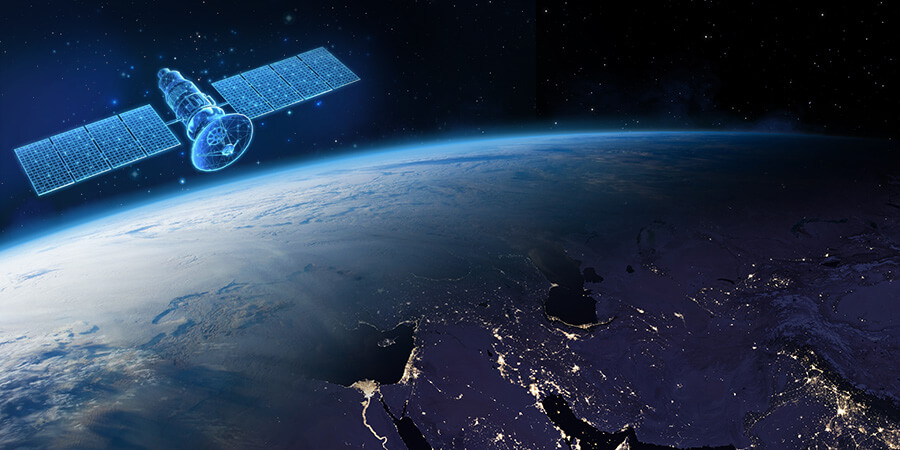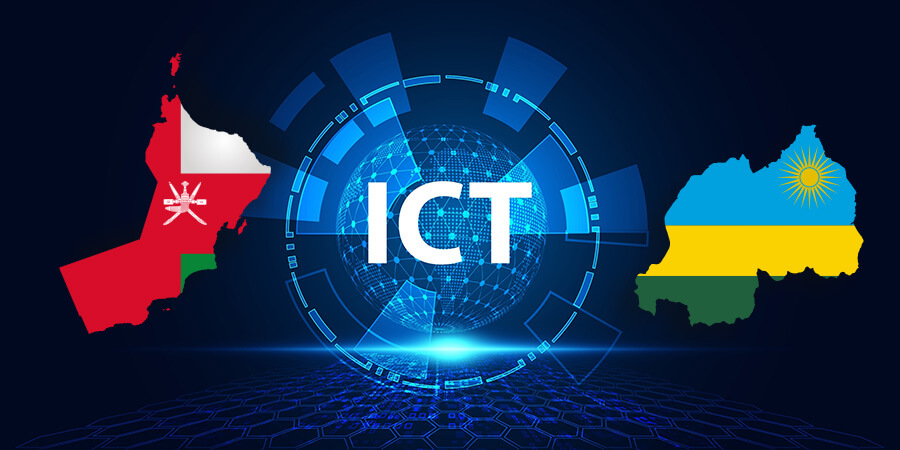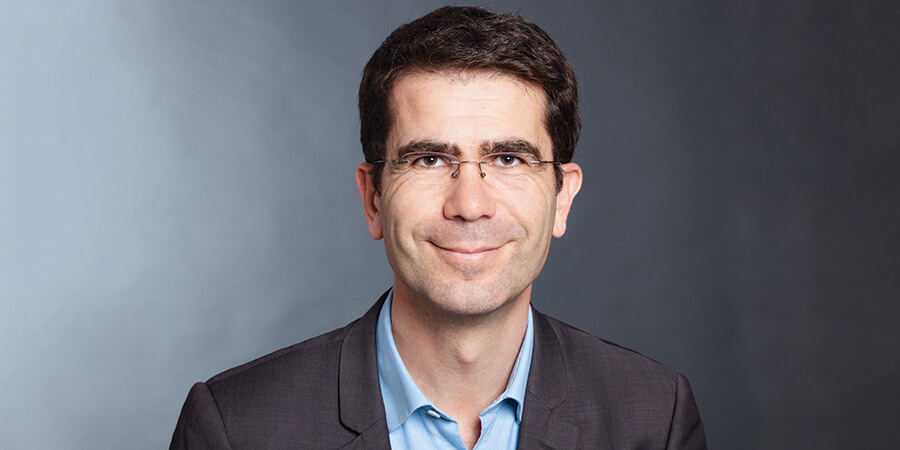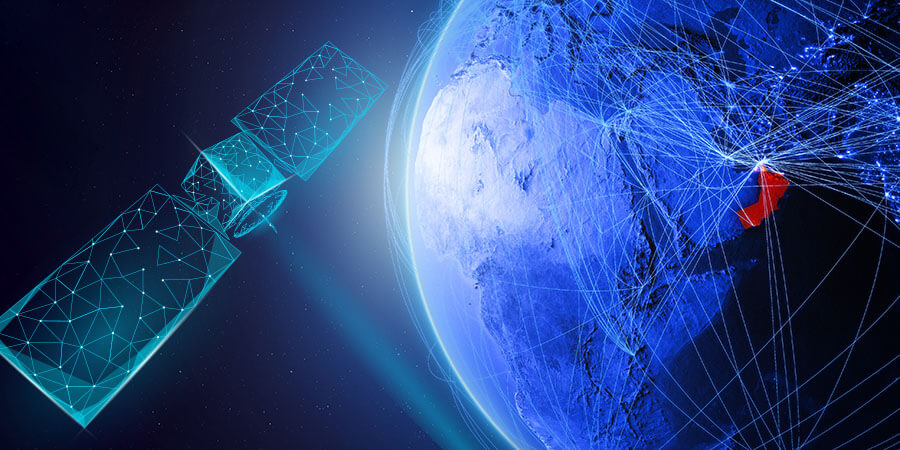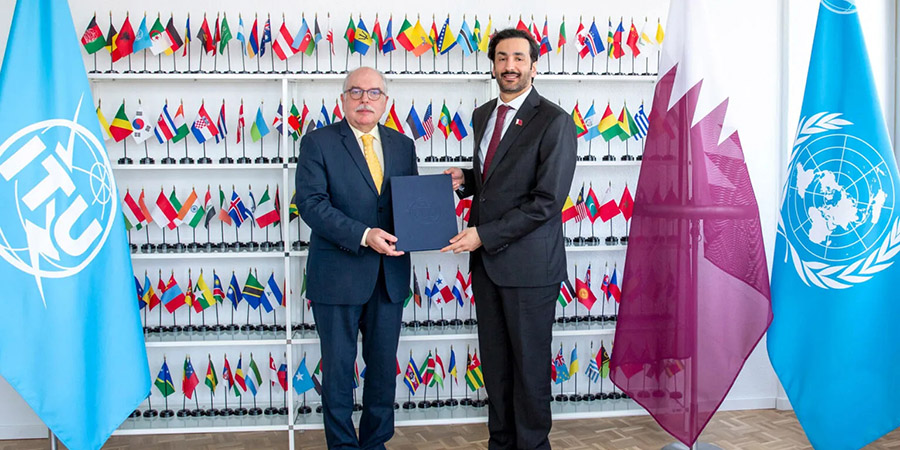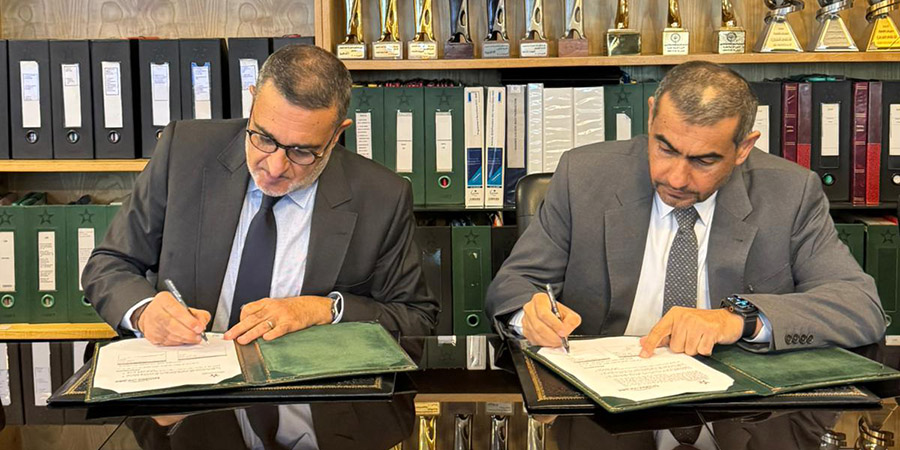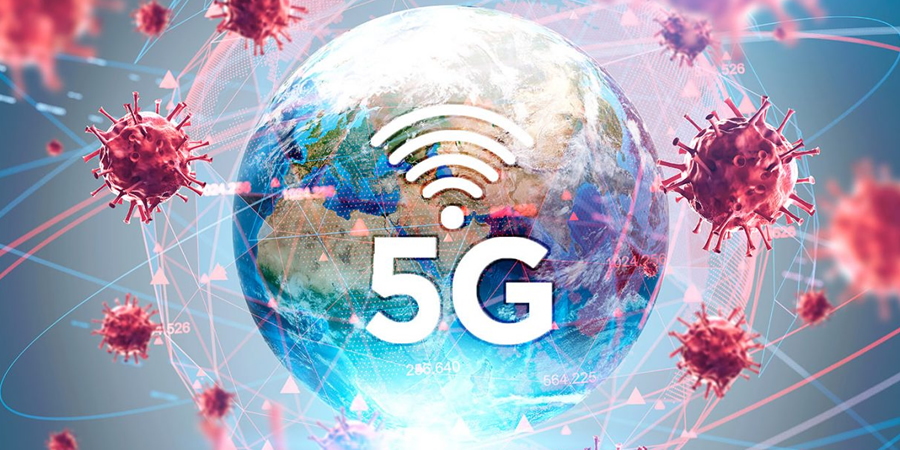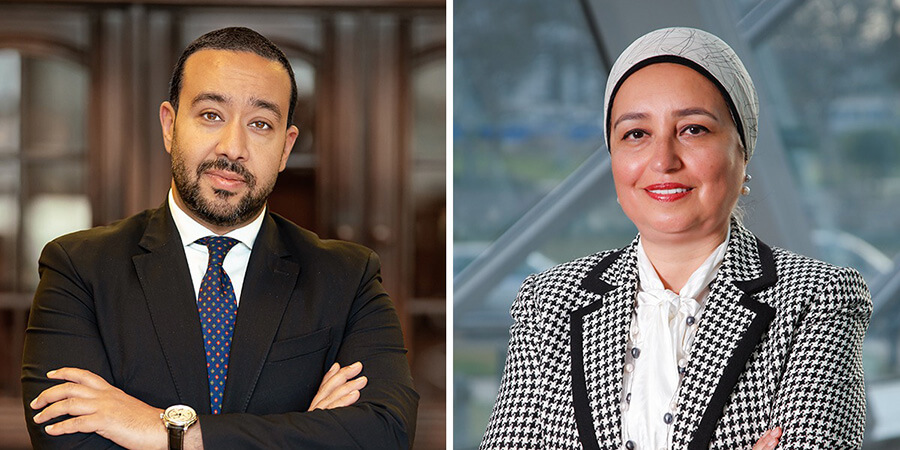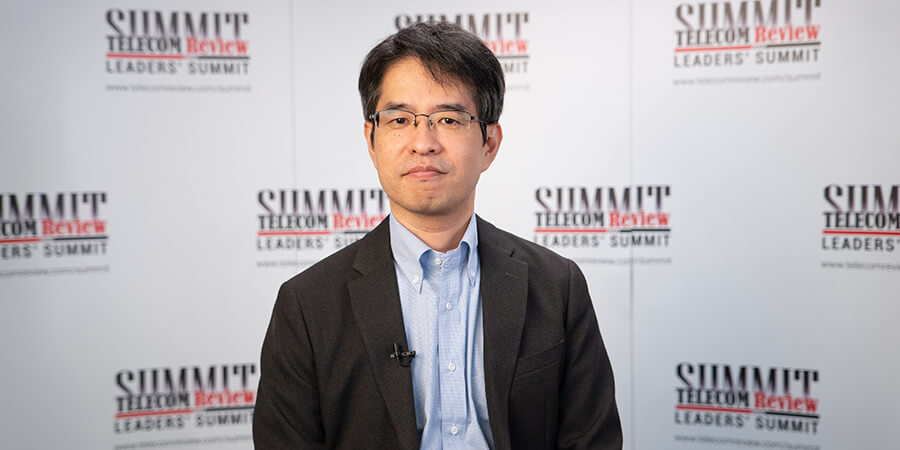YouTube, Facebook and WhatsApp are cracking down on fake news and conspiracy theories linking 5G to the recent outbreak of the Covid-19 virus. In recent weeks, concerns about the risks associated with 5G have circulated rapidly, with many baseless claims now linking the rollout of the next-generation network to the coronavirus pandemic.
This has resulted in petrol bomb attacks on phone masts and extensive damage to vital communications equipment. Network operators are particularly concerned about the safety of their staff, as members of the public have confronted telecoms engineers maintaining critical infrastructure.
Ever since companies first started talking about 5G, there have been concerns expressed by some people about the technology's impact on health. To most of us, it's obvious a human virus can’t spread via radio signals, and such a conspiracy may be linked to a wider distrust of technology in general.
However, addressing this myth is critical as property is now being damaged, and individuals attacked. Experts across the world have had to declare that there is absolutely no link between radio frequency signals from cellphones or cell towers and the coronavirus disease.
YouTube has moved to ban all conspiracy theory videos linking 5G networks to the coronavirus pandemic. The Google-owned service will now delete videos violating the policy. The move follows a live-streamed interview with conspiracy theorist, David Icke, in which he had linked the technology to the pandemic. YouTube said the video would be wiped.
Industry insiders and fact-checking experts point to a perfect storm of conditions that have helped the theory – described as “dangerous nonsense” – to take hold. They cite the rapid growth of Facebook social media groups, a failure by networks to promote scientific evidence about 5G, and a terrified population looking to make sense of a world turned upside down.
The communications infrastructure is far too important in combatting COVID-19, and for the recovery efforts, that everything possible should be done to protect it, including tackling misinformation campaigns.
In an effort to stop the spread of misinformation, WhatsApp is limiting users to only being able to forward a message to one chat at a time if the same post has already been shared five or more times by the wider community. Such posts are labelled with double arrows to make their status known.
Facebook also said it's removing posts inaccurately connecting 5G to the coronavirus.
"We are taking aggressive steps to stop misinformation and harmful content from spreading on our platforms and connect people to accurate information about coronavirus," the company said in a statement. "Under our existing policies against harmful misinformation, we are starting to remove false claims which link COVID-19 to 5G technology and could lead to physical harm."
Vodafone has said the attacks were now a matter of national security.
“It beggars belief that some people should want to harm the very networks that are providing essential connectivity to the emergency services, the NHS, and rest of the country during this difficult lockdown period,” UK boss Nick Jeffery said.
He described his engineers as heroes and urged people not to spread the “utterly baseless” stories online.






